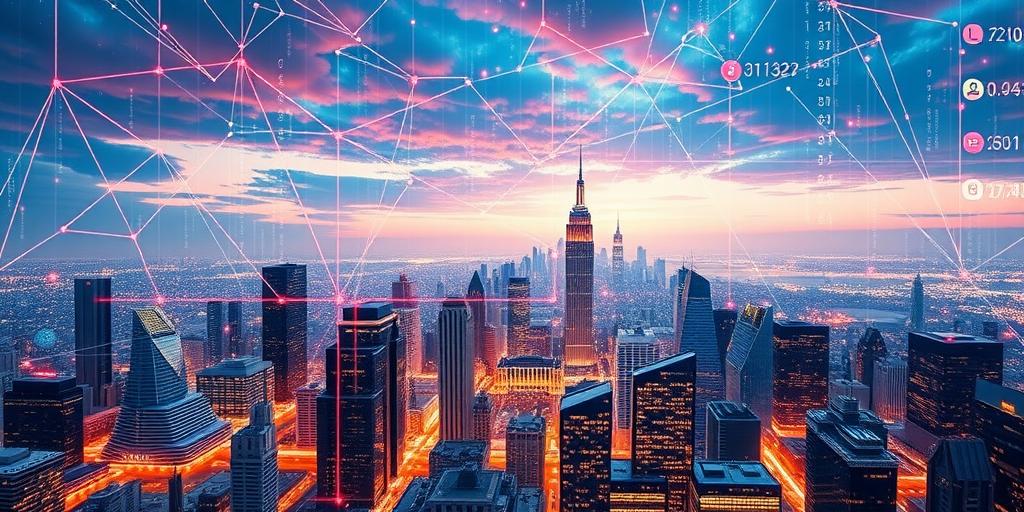Emerging Tech Shaping Smart Cities
Smart cities are no longer a futuristic concept; they are rapidly becoming a reality, driven by emerging technologies that promise to revolutionize urban living. This post explores the key technological innovations that are shaping smart cities and improving the quality of life for residents.
1. Internet of Things (IoT)
The Internet of Things (IoT) is foundational to smart city development. IoT devices, such as sensors and connected devices, collect and exchange data in real-time, enabling cities to monitor and manage various aspects of urban life efficiently. Examples include:
- Smart Lighting: Adjusts brightness based on occupancy and ambient light, saving energy.
- Traffic Management: Optimizes traffic flow by analyzing real-time traffic data and adjusting traffic signals accordingly.
- Waste Management: Monitors fill levels in bins, optimizing collection routes and reducing waste.
2. Artificial Intelligence (AI)
Artificial Intelligence (AI) enhances smart city operations by analyzing large datasets and providing actionable insights. AI-powered systems can:
- Predictive Policing: Analyze crime patterns to allocate resources effectively.
- Energy Management: Optimize energy consumption in buildings and grids.
- Public Safety: Enhance surveillance systems with facial recognition and anomaly detection.
3. 5G Technology
The rollout of 5G technology is crucial for smart cities, providing the high-speed, low-latency connectivity required to support numerous IoT devices and data-intensive applications. 5G enables:
- Enhanced Connectivity: Supports a massive number of connected devices.
- Real-time Data Processing: Enables instant analysis and response.
- Autonomous Vehicles: Facilitates communication between vehicles and infrastructure.
4. Big Data Analytics
Smart cities generate vast amounts of data, and big data analytics tools are essential for processing and deriving value from this information. Big data analytics helps in:
- Urban Planning: Understanding population trends and optimizing resource allocation.
- Healthcare Management: Monitoring public health and responding to outbreaks.
- Disaster Management: Predicting and responding to natural disasters.
5. Blockchain Technology
Blockchain technology offers secure and transparent solutions for various smart city applications. Blockchain can be used for:
- Secure Transactions: Facilitating secure and transparent financial transactions.
- Identity Management: Ensuring secure and verifiable digital identities.
- Supply Chain Management: Tracking and managing resources efficiently.
6. Augmented Reality (AR) and Virtual Reality (VR)
Augmented Reality (AR) and Virtual Reality (VR) technologies are enhancing citizen engagement and urban planning. AR and VR can be used for:
- Tourism: Providing immersive experiences for tourists.
- Urban Planning: Visualizing proposed developments and gathering public feedback.
- Education: Enhancing learning experiences through interactive simulations.
Conclusion
Emerging technologies are revolutionizing urban living and paving the way for smarter, more efficient, and sustainable cities. By leveraging IoT, AI, 5G, big data analytics, blockchain, AR, and VR, cities can address challenges related to traffic, energy consumption, public safety, and more, ultimately improving the quality of life for their residents.









